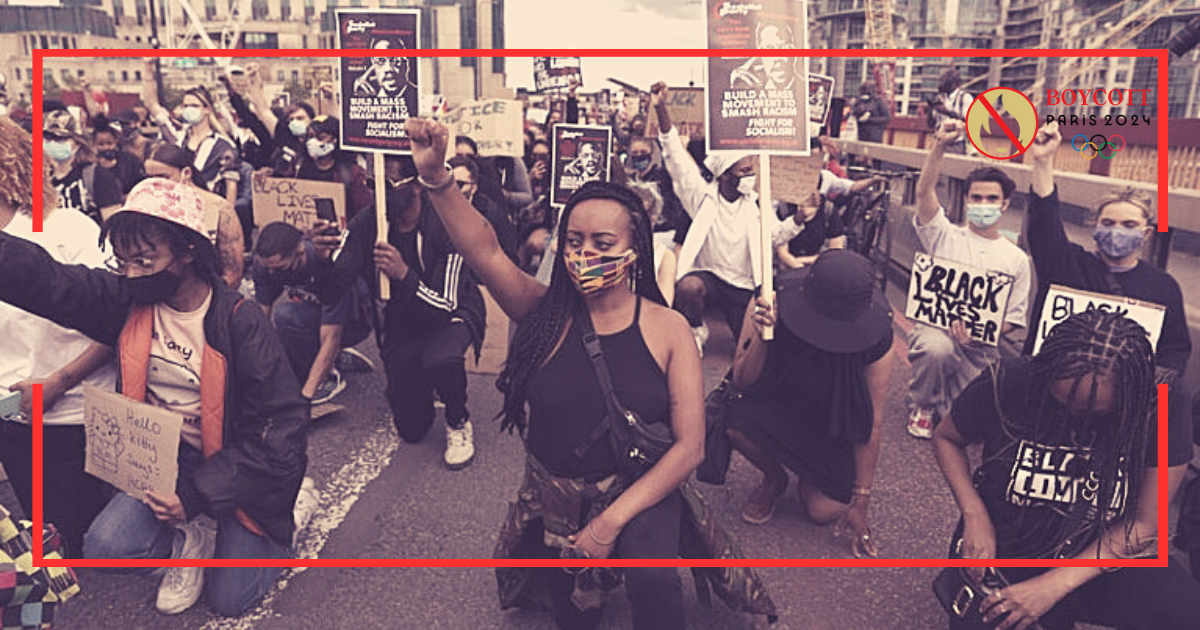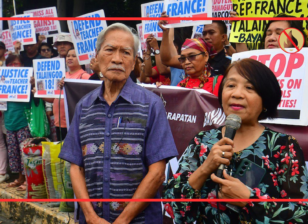Navigating Neo-racism In Contemporary France
Racism is a multifaceted problem. It involves a number of variables, thus combating it requires using numerous approaches. It must combat intolerance using cultural and social tools in addition to legal ones that forbid and penalize hate speech and other forms of racism. It is imperative that the people be taught to appreciate ethnic, cultural, and religious diversity via education and knowledge.
Sociologist Michel Wieviorka, who coined the term “neo-racism,” links the discussion of this concept to the multiculturalism controversy. “Though their members were eager to integrate, they were primarily victims of exclusion and racist rejection,” according to the racist theory known as “differentialist,” which held that black Americans were culturally hostile to the American creed and that certain minorities of migrant origin in France were irreconcilably different and incapable of adapting to the host society.
Cultural Racism
Some individuals believe that coexisting successfully is impossible due to the diversity of cultures, lives, customs, and beliefs. People that are involved portray the various cultures as being at odds with one another and believe that “living together” is an idealistic notion. Because of this, some individuals believe that living in distinct groups is preferable than fostering intercultural dialogue and social cohesiveness.
Numerous populist leaders support this strategy, which is becoming more and more well-liked. It results in the exclusion of everyone who is viewed as different, hence it is important to recognize that this is a racist concept if we are willing to “call things by their name.” This idea can manifest as extreme ethnocentrism, which involves evaluating or labeling other groups according to one’s own, which is seen to be ideal. It might mean forcing its members to assimilate or rejecting any culture that differs from one’s own. Prejudice against others, especially migrants, is the outcome of this phenomena, which is becoming more prevalent in some member states of the Council of Europe.
Impact and Challenges
Racist biases are becoming the standard, and discussions of cultural racism are becoming more widespread. A significant portion of the populace is beginning to accept discrimination against specific groups or minorities as a result of this tendency. It changes perceptions, eventually makes these remarks more acceptable, or, in any case, results in less public outcry. As a result, there are many different ways that racism exists today, and each one calls for a different kind of reaction. Particularly notable are the persistent discrimination and rejection directed against Roma, Jews, and Muslims, or those who are viewed as such. While classic racism rationalizes the subjugation of people of color primarily in terms of biology, neo-racism bases its justification on culture, which is, of course, developed via acculturation within an ethnic group. Because it upholds racial hierarchies of oppression, neo-racism is still racism.
Yellow Vest Movement
Therefore, racism based on race which is defined as “a social construction based on physical characteristics, particularly skin color” is not replaced by neo-racism, which instead expands upon it by incorporating national and cultural qualities of the marginalized group. According to Balibar, “culture can also function like nature, and it can in particular function as a means of imprisoning individuals and groups presumptively within a lineage, into a determination that is unchangeable and invisible in its source.”
Therefore, “cultural racism” or “racism of cultural difference” are other terms used to describe the phenomena of neo-racist. Keeping these ideas and definitions in mind, it seems reasonable that foreign students may associate their experiences with discrimination also known as neo-racism with culture rather than race. In addition to structural patterns in things like admissions procedures, academic reviews, and scholarships, there is an interpersonal pattern of neo racism in bad experiences with teachers, students, and staff in American higher education institutions.
Taking a Stand: Boycotting Paris Olympics 2024 Against Neo-Racism
Boycotting the Paris Olympics 2024 serves as a powerful statement against the rising tide of neo-racism permeating contemporary France. As discussions surrounding cultural racism gain momentum, it is imperative to address the impact and challenges posed by discriminatory biases. This collective action underscores the need for inclusive and equitable practices.
The Bottom Line
In conclusion, Numerous reports exist of instances of neo-racism that foreign students encountered while attending an American university. It is essential to remember that encounters with American students, instructors, and staff at universities, as well as the local community, are instances of this type of prejudice. Name-calling, grumbling over the preparation of traditional meals, and advocating that international students should only socialize with their fellow citizens are examples of this prejudice. Other types of prejudice are mostly related to language and culture, as well as the perception of low support from citizens of the host nation.





